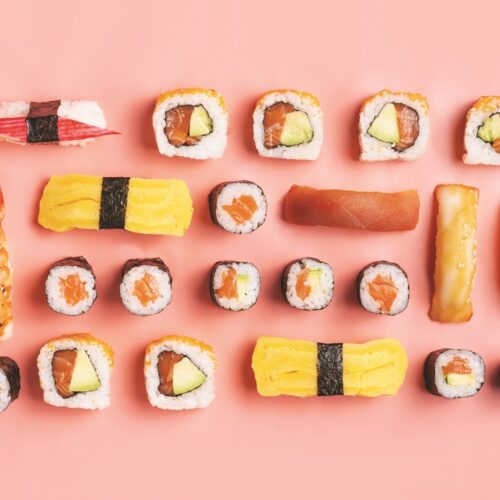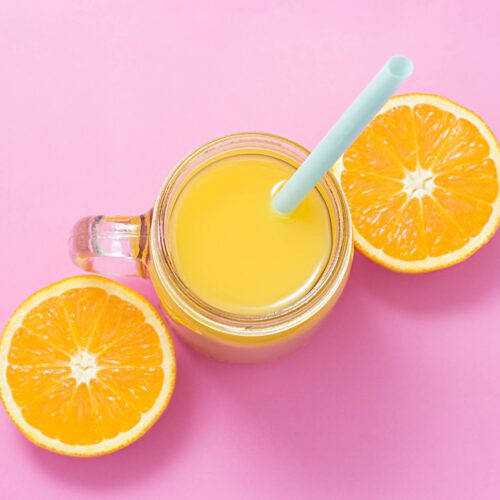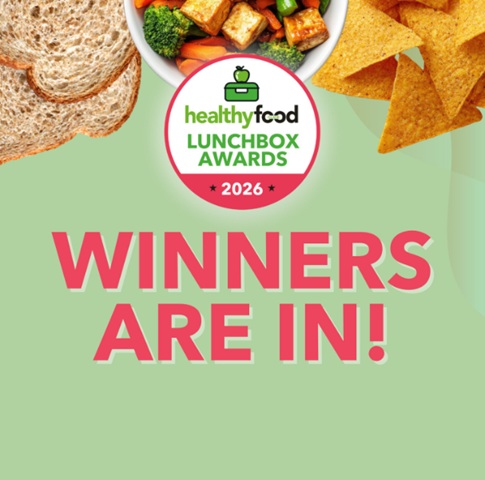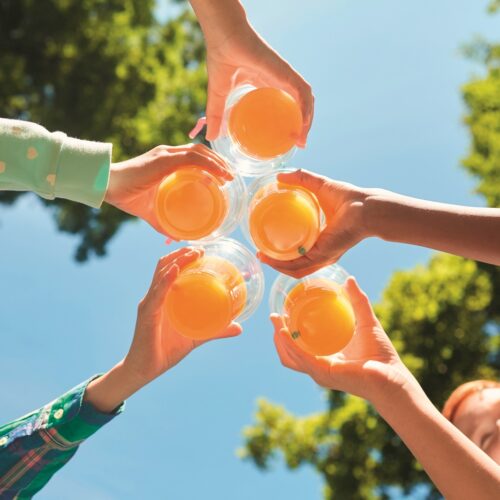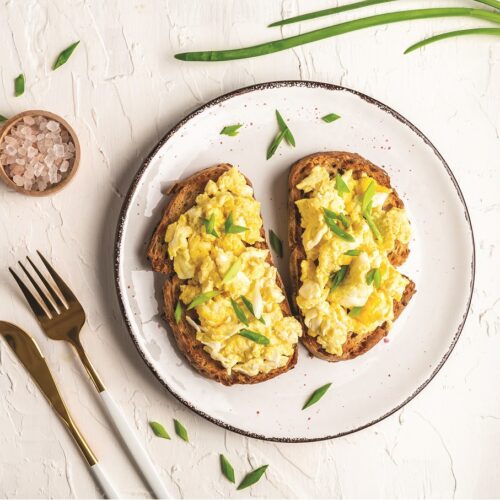
The term ‘no refined sugar’ is a marketing term that gives the impression a food is healthier than one containing regular sugar, but is it really?
By keeping an eye out for free sugars in these products, we can make better choices. Free sugars are all sugars that have been added to food or drink, as well as the sugars naturally found in honey, syrups, extracts, fruit juice and fruit juice concentrates. Lactose (milk sugar) and sugar in fresh fruit are not classed as free sugars.
To offer an alternative to cane/refined sugar, we’re seeing more products that use other sugars, such as agave syrup, honey, coconut sugar, rice syrup and maple syrup, but these aren’t necessarily healthier options as they are also high in sugars. Agave syrup is high in fructose, a high intake of which has been linked to fatty liver disease and insulin resistance.
Coconut sugar contains almost as much sugar per 100g as cane sugar and is also a high fructose sweetener. Rice malt syrup is perhaps the better option, but all are still free sugars and will have the same negative health outcomes if eaten in excess.
The World Health Organization (WHO) recommends that we limit our intake of free sugars because they are associated with poor diet, obesity and other disorders such as dental cavities. The WHO encourages us to have less than 10 per cent of our daily energy intake or ideally, less than 5 per cent from free sugars. At 10 per cent, for women that’s around 45g–58g sugar per day, and for men around 58g–75g sugar per day.

Article sources and references
- Willems JL & Low NH. 2012. Major carbohydrate, polyol, and oligosaccharide profiles of agave syrup. Application of this data to authenticity analysis. Journal of Agricultural and Food Chemistry 60:8745-54https://www.ncbi.nlm.nih.gov/pubmed/22909406
- Alwahsh SM & Gebhardt R. 2017. Dietary fructose as a risk factor for non-alcoholic fatty liver disease (NAFLD). Archives of Toxicology 91:1545-63https://www.ncbi.nlm.nih.gov/pubmed/27995280
www.healthyfood.com



